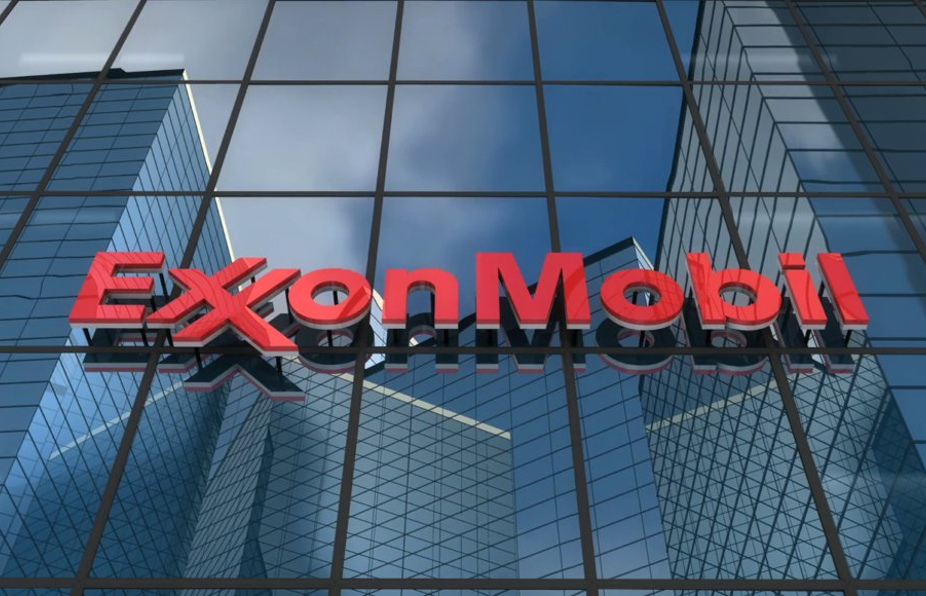
Landmark emissions-reduction project in Louisiana
CF Industries, a leading global manufacturer of hydrogen and nitrogen products, has entered into the largest-of-its-kind commercial agreement with ExxonMobil to capture and permanently store up to 2 million metric tons of CO2 emissions annually from its manufacturing complex in Louisiana. Start-up for the project is scheduled for early 2025 and supports Louisiana’s objective of net zero CO2 emissions by 2050.
Landmark emissions-reduction project in Louisiana announced; CF Industries, ExxonMobil, EnLink Midstream to collaborate
Share Print Top
CF Industries to capture up to 2 million metric tons of CO2 from operations
ExxonMobil to develop 125K-acre CO2 storage location in Vermilion Parish
ExxonMobil agreement with EnLink Midstream to transport CO2 through pipeline network
As previously announced, CF Industries is investing $200 million to build a CO2 dehydration and compression unit at its Donaldsonville, Louisiana, facility to enable captured CO2 to be transported and stored. ExxonMobil will then transport and permanently store the captured CO2 in secure geologic storage it owns in Vermilion Parish. As part of the project, ExxonMobil has signed an agreement with EnLink Midstream to use EnLink’s transportation network to deliver CO2 to permanent geologic storage. The 2 million metric tons of emissions captured annually will be equivalent to replacing approximately 700,000 gasoline-powered cars with electric vehicles.
“CF Industries is pleased to partner with ExxonMobil through this definitive CO2 offtake agreement, accelerating our decarbonization journey and supporting Louisiana’s and the country’s climate goals,” said Tony Will, president and chief executive officer, CF Industries Holdings, Inc. “This agreement also ensures that we remain at the forefront of the developing clean energy economy. As we leverage proven carbon capture and sequestration technology, CF Industries will be first-to-market with a significant volume of blue ammonia. This will enable us to supply this low-carbon energy source to hard-to-abate industries that increasingly view it as critical to their own decarbonization goals.”
Information Source: Read Full Release


